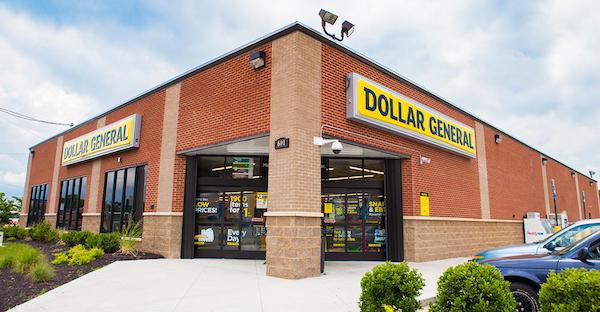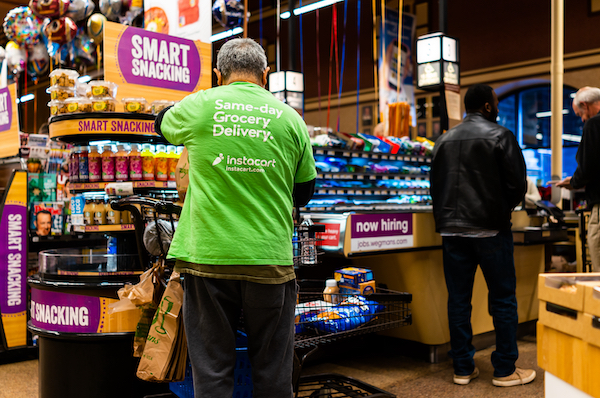Some US businesses are paying their employees to get COVID-19 vaccine
A growing number of companies in the United States are incentivizing their staff with additional pay in exchange for their getting COVID-19 vaccine shots, a move that urges employees to immunize against the infectious disease.
The program was announced by some firms whose workers regularly interact with the public over the past week.
Retailer Dollar General Corp. said on Jan. 13 that it would give workers four hours worth of pay to get shots when they are available, plus paid time off if they have an adverse reaction.
It’s a solution that would compensate the hurdles—travel time, gas mileage or childcare needs—that its employees are likely to face to get vaccinated. "We do not want our employees to have to choose between receiving a vaccine or coming to work," Dollar General (DG) wrote in a press release.
The company added that getting a vaccine would be a “personal decision” and will not be required of its 157,000 employees.

On Jan. 14, grocery chain Trader Joe’s announced that it will give its workers “an additional 2 hours of regular pay per dose for taking the time to get vaccinated.” It will likewise rearrange its staff’s schedules for their inoculation.
Joining Dollar General and Trader Joe’s is Instacart Inc, which announced on Jan. 14 that it is providing a $25 stipend to employees who would take the booster shots starting Feb. 1.
The San Francisco-based online grocery platform said that the program would benefit its shift leads, in-store shoppers, and full-service shoppers in the US and Canada.
"Our goal with the introduction of our new Vaccine Support Stipend is to ensure that, when the time comes, Instacart shoppers don't have to choose between earning income as an essential service provider or getting vaccinated,” Instacart CEO Apoorva Mehta said in a statement. “As the fight against COVID-19 stretches into 2021, we're committed to supporting our shoppers and continuing to serve as a lifeline for millions of people across North America."

German supermarket chain Aldi is the latest firm that pledged to incentivize its employees across 2,000 stores in 37 US states to get the jabs.
Reuters reported that on Jan. 19, Aldi announced that it would give up to four hours of pay to those who choose to receive inoculations. In addition to that, the retailer vowed to cover the cost of vaccine administration and implement on-site vaccination clinics at its warehouse and office locations.
COVID-19 vaccine not compulsory for all Americans
Since November last year, a number of government associations in the US have been lobbying for a bill to require COVID-19 vaccines for the general population. However, Dr. Anthony Fauci, chief medical adviser of the White House, said that he would “definitely not” support the recommendation.
“You don’t want to mandate and try and force anyone to take the vaccine. We’ve never done that. You can mandate for certain groups of people like health workers, but for the general population, you cannot,” Fauci said in an online discussion with George Washington University last August. “We don’t want to mandating from the federal government to the general population. It would be unenforceable and not appropriate,” he added.
States, cities, educational institutions, and businesses meanwhile have the authority to regulate public health and mandate a vaccine for its residents or employees.
“Health workers are the classic example. Hospitals often require some staff to get a flu or hepatitis B vaccine,” Dorit Reiss, a law professor at the University of California Hastings College told NBC’s Today. “It’s perfectly legitimate for an employer to regulate to make the workplace safer,” she continued. “They can certainly fire you if you don’t want to follow health and safety rules.”
However, Reiss noted that US anti-discrimination laws provide exceptions for employees who are part of a union or those who cannot take the vaccine for medical or religious reasons.


